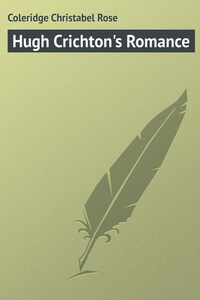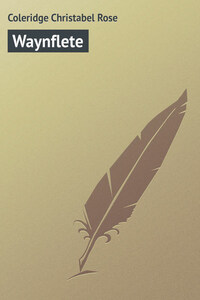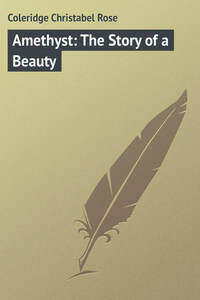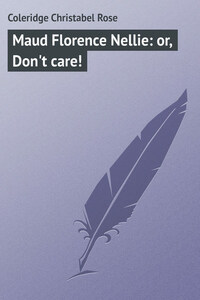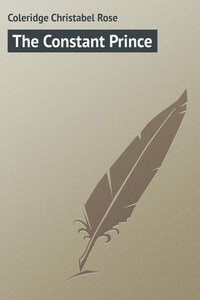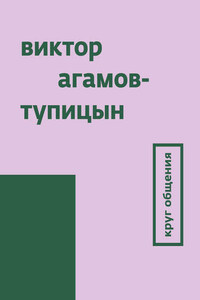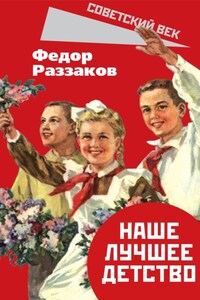Part 1, Chapter II
Violante
Elle était pâle et pourtant rose,
Petite, avec de grands cheveux,
Elle disait souvent, “Je n’ose,”
Et ne disait jamais, “Je veux.”
The sunshine of a summer evening was bathing Civita Bella with an intensity of beauty rare even in that fair Italian town. When the shadows are sharp, and the lights clear, and the sky a serene and perfect blue, even fustian and broadcloth have a sort of picturesqueness, slates and bricks show unexpected colours, and chance tree tops tell with effect even in London squares and suburbs. Then harsh tints harmonise and homely faces look fair, while fair ones catch the eye more quickly; every flower basket in the streets shows whiter pinks and redder roses than those which were passed unseen in yesterday’s rain, the street gutters catch a sparkle of distant streamlets, and the street children at their play group into pictures. For the sun is a great enchanter, and nothing in nature but sad human hearts can resist his brightness. Civita Bella needed no adventitious aid to enhance its beauty. The fretted spires and carved balconies, quaint gables and decorated walls, were the inheritance of centuries of successful art, and their varied hues were only harmonised by the years that had passed since some master spirit had given them to the world, or since they had grown up in obedience to the inspiring influence of an art-loving generation. Down a side street, apart from the chief centres of modern life, stood an old ducal palace. The very name of its princely owners had long ago faded out of the land, and no one alive bore on his shield the strange devices carved over its portico. It lay asleep in the sunshine, lifting its broken pinnacles and mutilated carvings to the blue sky, still beautiful with the pathetic beauty of “the days that are no more.”
The old palace was let in flats, and on one of the upper stories flower-pots and muslin curtains peeped gaily out of the dim, broken marbles with a kind of pleasant incongruity, like a child in a convent.
Within the muslin curtains was a long, spacious room, with inlaid floor and coloured walls, with a broad band of bas-reliefs round the top leading the eye to the carved and painted ceiling above. There was very little furniture, a grand piano being the most conspicuous object, and the lofty windows were shaded by Venetian blinds; but round the farthest, which was partly open, were grouped a few chairs and tables, with an unmistakable attempt to give an air of modern, not to say English, comfort to one part of the vast, half-inhabited chamber.
A brown-faced, shrewd-eyed Italian woman, with gold pins in her grey hair and gold beads round her neck, and a young lady in an ordinary muslin dress, were standing together contemplating and criticising a young girl who stood in front of them, dressed in the costume of an Italian peasant. That is to say, she wore a short skirt and a white bodice, but the skirt was of rose-coloured silk, the bodice of fine cambric; her tiny hat was more coquettish than correct in detail, and the little hands playing with the cross round her neck had surely never toiled for their daily bread. Yet she looked a little tired and a little sad, and her companions were noticing her appearance with the gravity that pertains to a matter of business.
“I think that will do,” said the young lady, in a clear, decided voice. “She looks very pretty.”
“Oh, bella – bellissima!” said the old Italian woman, clapping her hands. “But when is not la signorina charming?”
“It does not alter her much. Violante, does it inspire you?”
“I think it is very pretty; and you know, Rosa, I shall be rouged, and perhaps my eyes will be painted if they don’t show enough,” said Violante, simply.
“You don’t mind that?” said Rosa, curiously.
“No!” with a half-surprised look in the soft pathetic eyes; “I am glad. Then father will not see when I am pale. It will be hidden.”
“Oh, my child, you will not look pale then. So, Zerlina, you want another bow on your apron; and then this great dress is off one’s mind. We must let father look at you.”
“Do you think he will say I look handsome enough?” said Violante, anxiously.
Rosa laughed. “I don’t know what he may say, but I am sure of what he will think. And besides, he is not the public. Thank you, Maddalena, we need not keep you now.” And, as the old woman departed, Rosa took the little muslin apron and began to sew a bright bow on it; while Violante stood by her side, manifestly afraid of injuring her costume by sitting down in it. She looked very pretty, as her sister had said, but her anxious, serious look was little in accordance with her gay stage costume.
“You see,” said Rosa, as she pinched up her loops of ribbon, “we have a great many friends. All the members of the singing-class will go, so you will not feel that you are acting to strangers.”
“I think Madame Tollemache will go,” said Violante.
“Of course, and her son, and Emily, and they will take Mr Crichton.”
